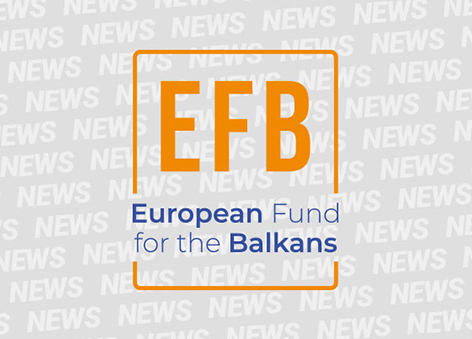
08.10.2014 All News
The fourth Belgrade Security Forum (BSF) was held from September 30 to October 2, 2014, on the topic of “Europe 2014 – End, and/or a New Beginning.” More than 450 participants, including high officials from national and international institutions, independent experts, civil society organizations’ representatives, and the media, discussed a number of security and foreign policy issues relevant for Serbia, the region, and the European Union.
“Is it time for a new Balkans Commission?” EFB Panel Discussion Topics:
- What were the most valuable recommendations of the Commission that still apply to the Balkans-EU relations today?
- What is the best way to approach the Western Balkans - EU relations nowadays, bearing in mind the work of the International Commission on the Balkans? Is there a need for a new approach?
- How can attention be drawn to the region after Croatia's accession to the EU?
- How can democratic and economic reforms be accelerated in the region?
- The future of the Balkans: Possible scenarios and their consequences.






